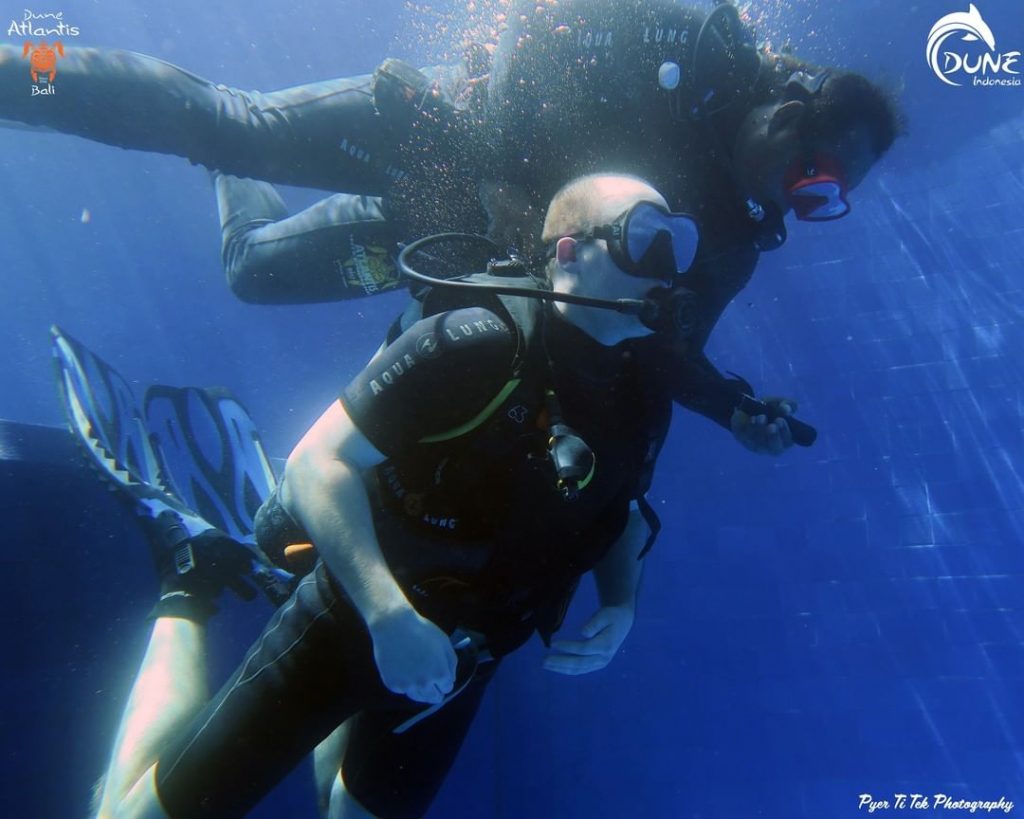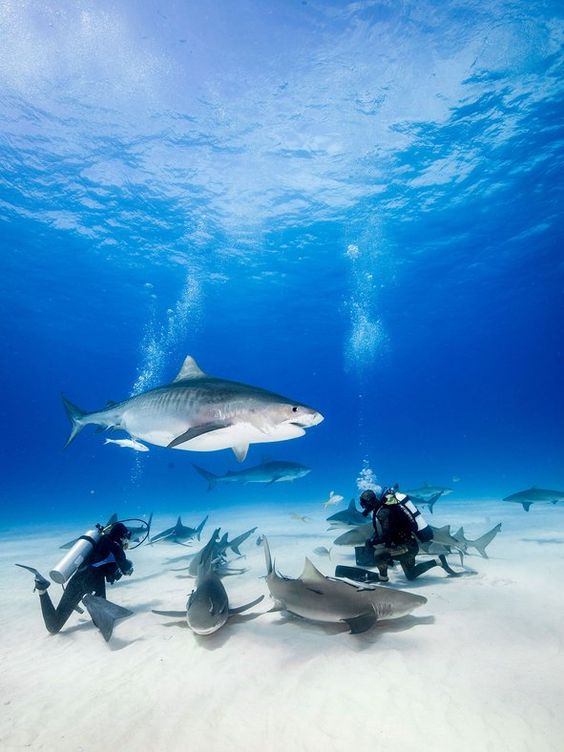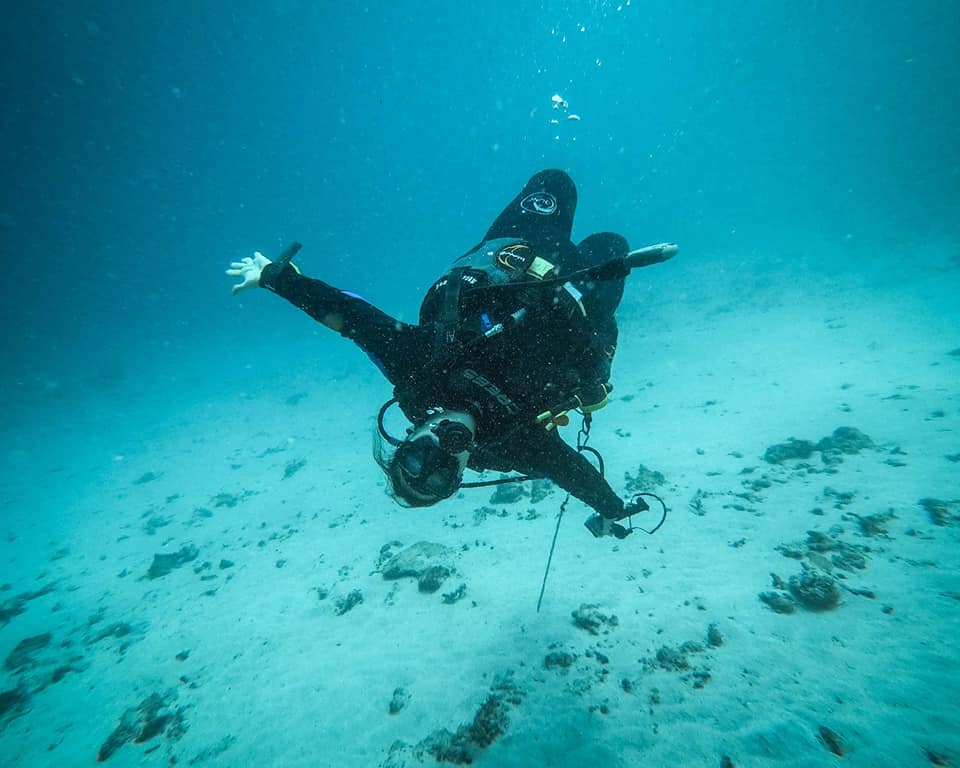
Diving, for almost eternity, seems like a world away especially for non-diver folks. The underwater is largely an unknown territory and nescience about diving and marine life brings forth many speculations around diving. People were walking with pre-conceived ideas about diving from incredible sources (we’re looking at you, Jaws), and create the misconception we’ve often heard up to know. The myths, however, could not be further for truth. Here’s some misleading dive misconception you have to know especially for diving for beginners.
Learning Diving for Beginners is Expensive
Many people shy away from diving because the amount of money they had to pay “just to be underwater”. The truth, however, getting certified for scuba diving cost roughly the same with your average holiday cost—even less if you compare it to resort stay. Scuba diving certification for beginners usually cost around $300 – $500 and this is something that can last for a lifetime. Now, people also think that you have to spend extra lot of money to buy the gears. While the truth is, you always can rent! The only gears we recommend you to buy on your early days are perfect-fit snorkel mask, which is quite inexpensive.
The Sharks Will Eat You

Ah, the sharks. It’s always one of the top questions asked by non-diving person. Contrary to popular belief, sharks would not kill any divers they see. More than anything, consider yourself lucky if you meet a shark during the dive. Sharks are not interested on attacking divers and they are nowhere in the top of “world’s most dangerous animals”. Compared to snakes which kills about 50,000 people per year, sharks are only responsible for 10 deaths per year. Sharks are often in the wish lists of divers and the chance to meet them are highly considered a privilege. Meeting sharks might not be possible for diving for beginners, though. They tend to patrol on deeper waters which is not accessible for beginners/
Diving is Scary for Beginners
Even for snorkelers, going full into scuba diving might feel scary. Starting on diving might be intimidating for beginners. Some people get anxious with the darkness of blue they’ll see in the open sea and step back from diving. Others give up with the very idea of breathing underwater—something that seems so unnatural for them. Meanwhile, the truth is scuba diving could be so fun and liberating—you only need an open mind to learn how to do it.
More Diving and Travelling Stories:
What You Wish to Know Before Going on Scuba Diving Nusa Penida Trip
Bali Indonesia Diving, The Perfect and Ideal Adventure Destination
You Can Only Dive in Tropical Water

We often heard that the coral triangle is located in the tropical countries. That dive sites with densest coral and marine animal varieties located in tropical waters. This leads to evasive assumptions that one can only dive in tropical water. While tropical water might be all colourful and bursting with life, the cold water is no less beautiful. The Silfra Fissure in Iceland and British Columbia, Canada are probably two of the most beautiful representation of cold water diving in the world.
Too Old to Try Diving for Beginners
As like everything in life, no age should limit you in finding something new and expanding your passions! Even when it means to try diving for beginners in your 70s. As long as you are fit and healthy, you should be able to take anything. Just consult with your doctor to know any special safety measures you should take.


